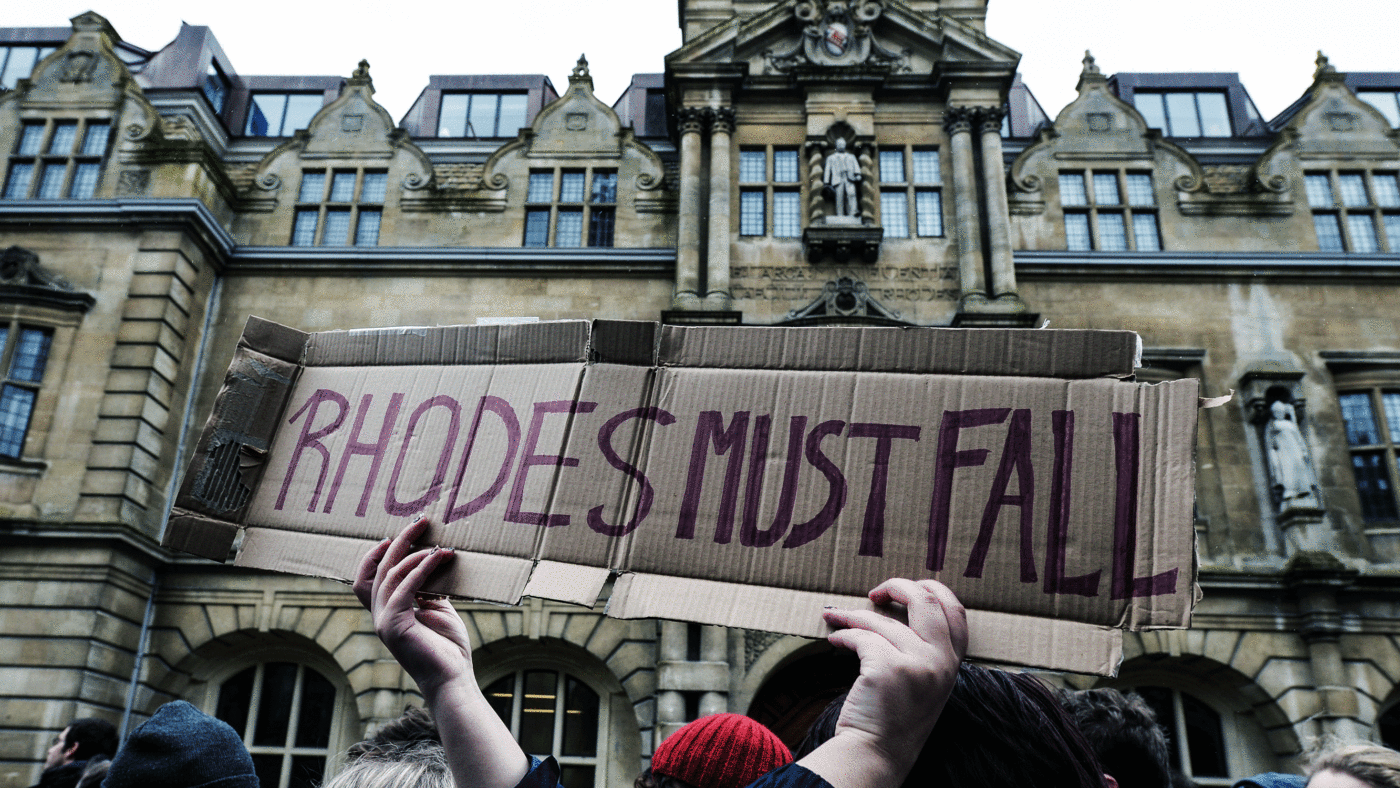As a Labour Party activist I used to campaign in the streets that bordered Hampden, Scotland’s national stadium.
It became just an expected part of any canvassing exercise that at least one resident – sometimes many more – would complain about the difficulties of parking their car whenever an event was held there. They would also complain about the noise – especially if the event in question was a rock concert – and about the litter left behind by legions of fans making their way to and from the venue. And after each canvassing session, the comrades would gather in a nearby pub to roll our eyes and complain about the hypocrisy of people who knew about Hampden’s existence – it’s very large and hard to miss – yet still chose to buy a house nearby.
Which is why, following my own move to the area shortly after I was elected as the MP, I made sure not to complain about a decision I could easily have avoided.
It’s not a perfect analogy for the pearl-clutching Oxford dons who have discovered the meaning of “work to rule” in their copies of The Big Book of Trade Union Vocabulary years after starting work in the shadow of the statue of Cecil Rhodes at Oriel College, but it’s a start.
It’s certainly odd that the academics now refusing to teach students at the college in protest as its decision not to remove the offensive statue were happy to offer tutorials to their undergraduate charges (very good of them, don’t you think?) until this week, when their social consciences finally kicked in. On the other hand, there’s nothing wrong in changing one’s mind, of reassessing the historical record and deciding that in the 21st century it’s no longer acceptable to have statues of colonial tyrants – even very rich ones – glowering at you.
The problem with this approach, of course, is that no one has reassessed anything. We may assume that these lecturers already knew who Rhodes was when they first set eyes on his statue on their first day of work at Oriel. None of them (we must hope) saw the statue and thought, “Oh, Rhodes! He was an excellent chap – very inclusive and progressive, dontcahknow?”
No, because until last year, Britain had a sensible (or “white supremacist” as it’s now known) approach to historical monuments; specifically that they were inanimate objects whose reasons for existing stretched back decades and centuries to a different time and a different culture. History was history and much to Cher’s disappointment, you can’t turn back time.
That’s not to say that institutions shouldn’t be allowed to do some reassessment of their own, in response, say, to student unhappiness with one monument or another. And that’s what Oriel did: it reviewed the case for keeping Rhodes where he is and decided not to move him. This may or may not have been the right decision, but it was one taken after due process. What seems to irk our work-averse tutors this week is that some students have said they want something, and the college authorities have said no.
This is an alien concept. If many of our present day student body are the result of “child-centred” rearing, where every crap drawing they churn out with their infantile brains and fat, clumsy fingers is feted by their parents as “wonderful” and placed in a position of prominence so that everyone else has to endure looking at the bloody thing every time they open the fridge, then perhaps their tutors are of the generation that thought such short-sighted indulgence was a good idea in the first place. Saying “no” to children is just so 1970s and not to be tolerated nowadays.
But like many public sector strikes of that same disparaged decade, a ‘work to rule’ almost always ends up punishing the wrong people, rarely the employer. In Oriel’s case, we may be heading towards historically low achievement among students who depend on their tutors to guide them through their finals and end of year exams. In which case even that rare beast – the student who came to university to get a good degree, not to be a social justice warrior – will suffer along with their colleagues. Suddenly that nine grand a year doesn’t look like such a great investment any more, does it?
Inevitably, given the eagerness with which the national media embrace such cultural conflicts, the Rhodes statue controversy has dominated newspaper and broadcast outlets. For our courageous descendants of the Tolpuddle Martyrs, that seems to be the whole point. What’s the point of taking a worthy stand on principle (albeit one that’s taken more than a few years for them to get round to) unless you get to appear on the Today programme to talk about it?
Back in Glasgow, we have a unique way of showing humorous disrespect to statues. A statue of the Duke of Wellington astride his horse takes pride of place at the front of Royal Exchange Square, and in 35 years living here, I have never seen him without an orange traffic cone on his head. Not that that would be an appropriate solution as far as Rhodes is concerned. But sometimes taking yourself too seriously can risk losing public support and sympathy. Student politics has always been hamstrung by such self-regard (as JFK said, “The student politician of today is the student politician of tomorrow”). But is it too much to ask that the people in charge of their education behave just a little more like adults?
Click here to subscribe to our daily briefing – the best pieces from CapX and across the web.
CapX depends on the generosity of its readers. If you value what we do, please consider making a donation.


